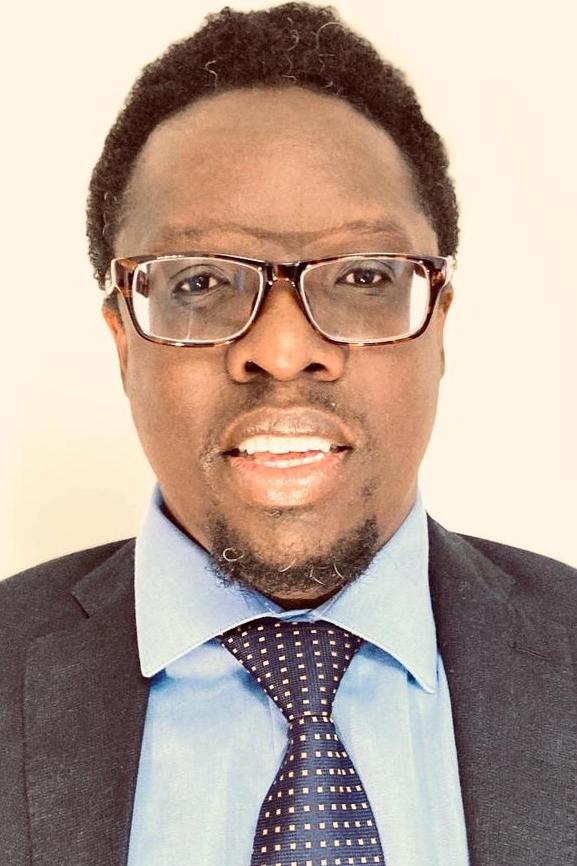Thabani Nyoni

Dr. Nyoni combines eight years in frontline community practice and social justice advocacy in Zimbabwe and Southern Africa with six years of global research experience. Broadly, his research seeks to evaluate or inform the development of programs and policies that promote health equity and mental and sexual health outcomes among African/Caribbean and Black (ACB) and racialized populations facing multiple intersections of marginalization. For example, Dr. Nyoni’s doctoral dissertation used social support theory to examine the role of HIV-related stressors and psychosocial resources as risk and protective factors for mental health and HIV treatment adherence outcomes of Black adolescents living with perinatal HIV in South Africa. During his postdoctoral fellowship, he will employ intersectionality theory to conduct community-based qualitative, quantitative, and mixed methods research to understand how contextual stressors embedded in multiple and intersecting forms of marginalization individually and collectively produce distinct sexual and mental health experiences and outcomes among ACB and racialized populations. Additionally, Dr. Nyoni’s postdoctoral research will use social support to understand the role of psychosocial resources from formal and informal social networks in promoting or mitigating the adverse effects of contextual stressors on health equity and mental and sexual health outcomes.
Education
- BA, Hon. History & Development Studies (Midlands State University, Zimbabwe)
- MA, Development Studies (Midlands State University, Zimbabwe)
- Master of Social Welfare (University of Berkeley School of Social Welfare, USA)
- PhD, Social Work (Washington University in St. Louis, USA)
Research Interests
- Contextual Stressors, Psychosocial Resources and Sexual and Mental Health
- Health Equity, Health Disparities, and Critical Health Theory
- Intersectionality Theory
- Anti-Oppressive and Critical Social Work Practice
- African, Caribbean, Black and Racialized Populations